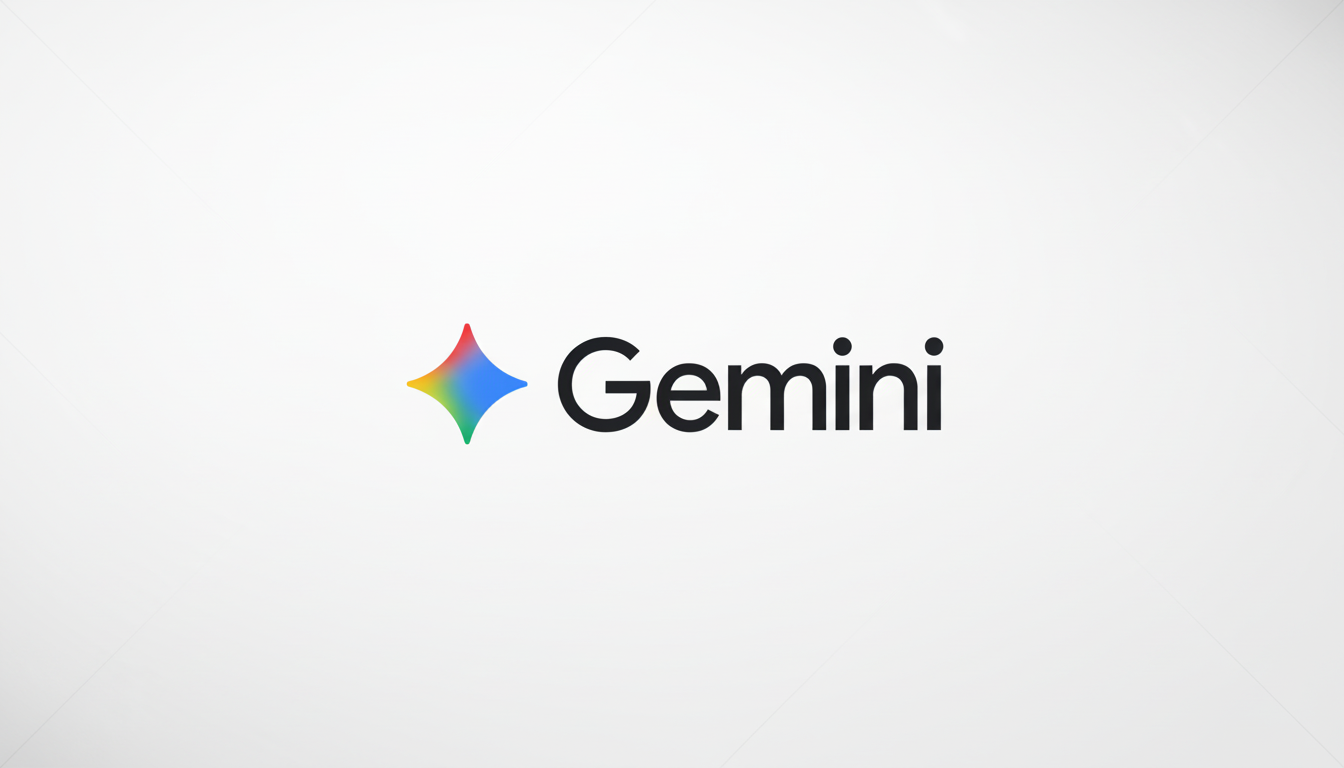Google and Reliance Industries have reached a broad-based partnership to ensure all Jio 5G plans for young Indian consumers include Google’s AI Pro subscription at no additional cost. Jio plans will offer select users free access to Google’s highest-end generative AI experiences, as a ₹35,100+ value over 18 months, before expanding usage to comprise the entire Jio base. It firmly asserts that India has matured into the most significant bellwether for the broad adoption of AI.
This follows Reliance’s digital advancement template of catalyzing upgrades via inclusion of the newest software, while giving Google a rapid route to market in the world’s No. 2 internet sector. Furthermore, it hardens a skirmish in an emerging AI vacuum between global superpowers trying to establish defaults in the mobiles of millions of Indians.

What the Jio bundle contains for eligible subscribers
Jio customers will get Google’s most recent Gemini Pro experiences via the Google Gemini app, along with added perks across AI and storage:
- Google’s latest Gemini Pro experiences via the Google Gemini app
- Increased image and video quotas for AI generation
- Access to Notebook LM for study and research
- 2 terabytes of data across Google Photos, Drive, Gmail, and WhatsApp backups
Google’s AI Pro normally costs ₹1,950 per month in India and offers a free trial every month. The Jio bundle, on the other hand, grants full access for 18 months at no extra charge.
The youth-first rollout is a deliberate recognition of India’s realities, as the majority of the country is under 35, and students and early-career users are the most active experimenters with AI study aids, content creation tools, and coding assistants. Reliance hints at more localized features to follow, promising “delightful local experiences” driven by AI across consumer services.
Why this matters for India’s AI adoption and telecoms
India is not only the world’s most populous country but also home to an immense mobile-first economy. By industry estimates, Jio alone has more than 470 million subscribers; meanwhile, TRAI data confirms the operator commands the highest market share. Placing a premium AI suite within a mainstream telco bundle could offer the clearest path yet to normalize everyday AI usage — including homework, small business marketing, video edits, and multilingual content.
The partnership also ups the competitive ante. It comes on the heels of Perplexity’s fusion with Bharti Airtel, which has roughly 360 million subscribers. OpenAI has thrown in by launching its entry-level ChatGPT plan free to all users in India.
In sum, this spells a new period for telecom–AI bundling, where customer acquisition, model usage, and ecosystem stickiness outweigh initial subscription revenue. Such bundling has already had a profound effect. When Jio entered the wireless market in 2016, there was a massive drop in data prices of almost 92%, with usage skyrocketing; TRAI data shows the costs for mobile data have declined by as much. Giving away paid AI tiers at scale may speed up the acceleration curve of generative tools — fostering habits that last long after the respective discounts.

The enterprise and cloud angle for Reliance and Google
Beyond consumer perks, the two companies are building deeper ties in cloud AI. Reliance’s new AI arm, Reliance Intelligence, will drive expansion of Google Cloud’s TPU access in India and work as a go-to-market partner for Gemini Enterprise across Indian enterprises. Reliance will also develop prebuilt AI agents for the platform, a critical step for out-of-the-box solutions in retail, financial services, media, and manufacturing.
The tie-up complements Reliance’s current tech investor–collaborated plans to scale AI infrastructure locally. Emerging Indian enterprises are pushing forward generative AI migration, although they desire data residency, economic AI scaling, and model customization — a point ubiquitous with IT industry NASSCOM and local IDC analysts.
Local language focus and the developer ecosystem flywheel
India’s 22 officially recognized languages and common code-switching make localized AI efficiency a discriminating differentiator. Google’s JV with Jio offers a major test field for refining multimodal, multilingual features and collecting real-world feedback.
These will upscale model alignment and guardrail tuning crucial for the paradigm. It will afford developers simpler access to Gemini and cloud TPUs, sparking tooling migration and app customization — effected within Indian agricultural advisory bots or Indian SME banking sales copilots.
The monetization question, policy, and long-term impact
One other major issue is conversion. India’s telecom ARPUs are between ₹182–₹200 per month, which is significantly lower than stand-alone pricing at first for a premium AI plan. Short- to medium-term goals are likely to be driven not by direct revenue, but active daily use, model choice, and ecosystem stickiness. If more than a one-digit proportion of Jio users convert after 18 months, that would be one of the largest paid AI cohorts in the world; if not, the bet is paid off in data, insights, and developer pull.
Policy is a third consideration. Any at-scale AI deployment in India will have to comply with the Digital Personal Data Protection Bill, changing content rules, and requirements for transparency around training data and safety. Google says these are the teams’ attempt to provide higher-level technology in the hands of consumers, companies, and developers, while for Reliance this is the method of achieving a transition from an “AI-enabled” to an “AI-empowered” India.
The following part of this narrative is touched not by downloads, but by trust, turnover, and authenticated activity. In brief, the title is plain here: India is being given a premium AI kit for free by a telecom giant and a global AI dominant. For years, the remainder can establish the arc of the country’s AI expedition.

